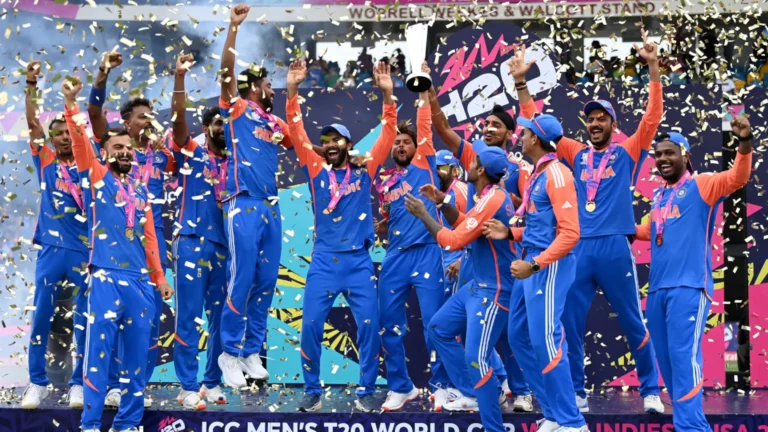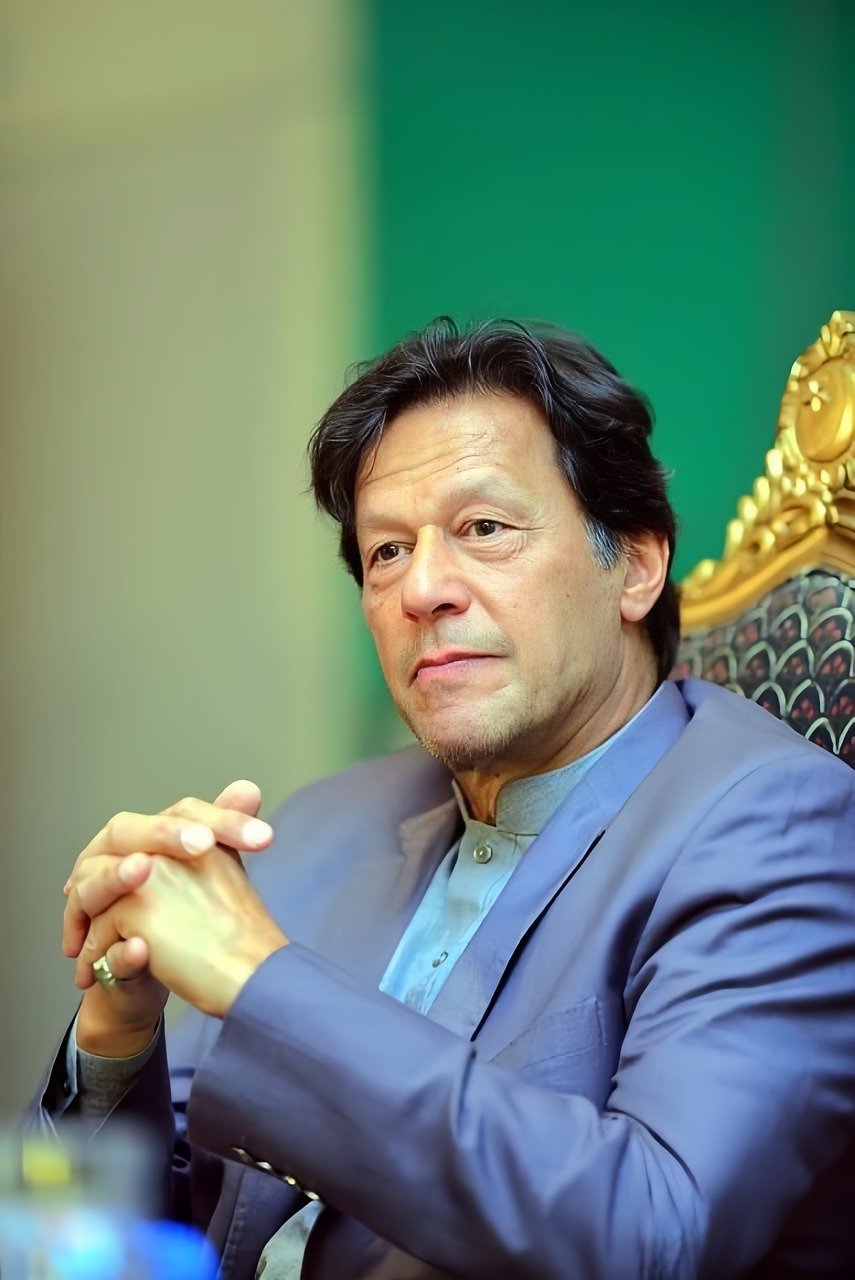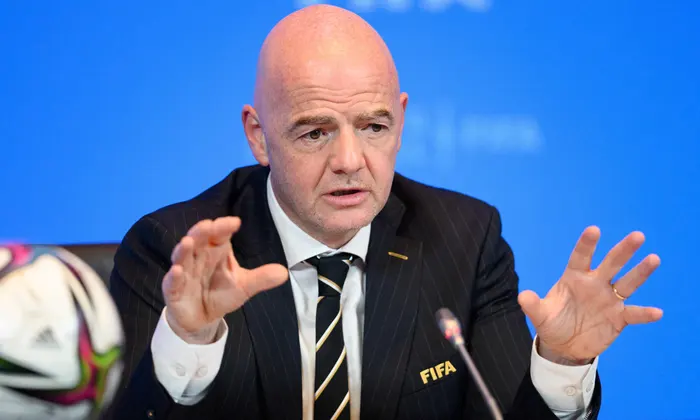
Imran Khan: From Cricket Legend to Prime Minister of Pakistan

Imran Khan, born on October 5, 1952, in Lahore, Pakistan, is a figure whose life story encapsulates the heights of athletic prowess and the complexities of political leadership. Rising from the heart of Punjab, Khan’s early life was marked by education at elite institutions, including Aitchison College, Lahore, and later, Keble College, Oxford. It was at Oxford where he honed not only his intellect but also his cricketing skills, setting the stage for an illustrious sporting career.
Khan’s cricket career, spanning two decades, is studded with achievements and accolades. He made his Test debut for Pakistan in 1971 against England and quickly became a cornerstone of the Pakistani cricket team. His prowess as an all-rounder was unmatched, excelling both as a fast bowler and a batsman. Khan’s crowning achievement came in 1992 when he led Pakistan to its first and only Cricket World Cup victory, etching his name into the annals of cricket history. Beyond his on-field exploits, Khan was known for his charismatic leadership and his commitment to excellence.
Transitioning from sports to philanthropy and then to politics, Khan demonstrated a multifaceted commitment to societal improvement. He founded the Shaukat Khanum Memorial Cancer Hospital & Research Centre in Lahore, a testament to his dedication to healthcare accessibility after the tragic loss of his mother to cancer. His philanthropic efforts extended to education with the establishment of Namal University in Mianwali.
Khan’s foray into politics was marked by the founding of Pakistan Tehreek-e-Insaf (PTI) in 1996. Under his leadership, PTI emerged from a peripheral party to a central force in Pakistani politics, advocating for justice, accountability, and anti-corruption. His political journey was characterized by relentless opposition to established political dynasties and a promise of a “Naya Pakistan” — a new vision for the country rooted in social justice and economic reform.
After years of political struggle, Khan’s persistence paid off when he became the Prime Minister of Pakistan in August 2018. His tenure was marked by efforts to improve Pakistan’s international standing, economic reforms, and initiatives aimed at poverty alleviation and social welfare. However, his time in office was also fraught with challenges, including economic crises and political opposition.
Khan’s biography is not just a tale of individual achievement in sports and politics but a reflection of his enduring influence on Pakistani society and the broader discourse on leadership and integrity. His life story continues to inspire and provoke debate, underscoring his complex legacy as both a national hero and a polarizing political figure.



